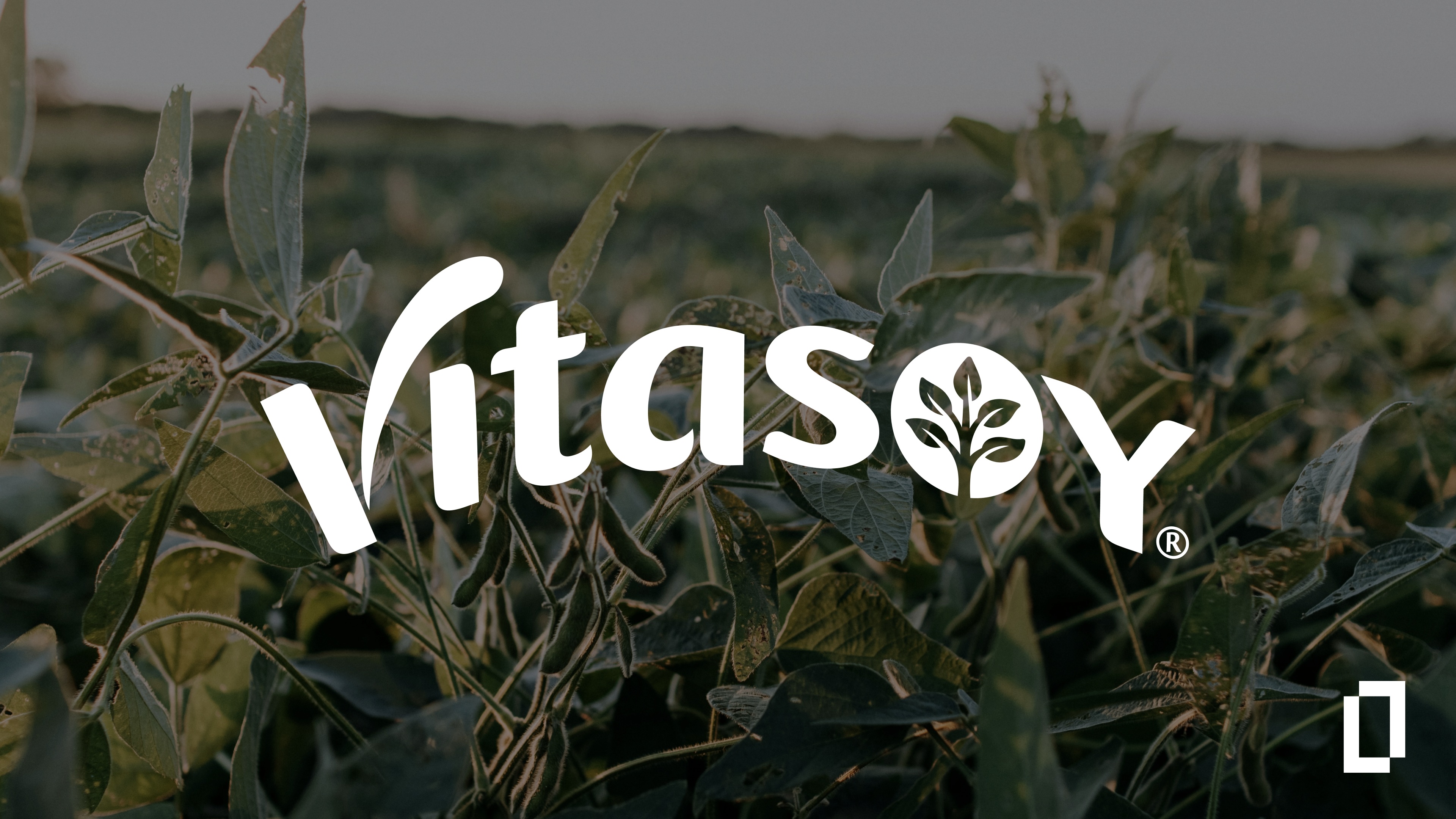PRODUCT IMPLEMENTED
Corporate Carbon Footprinting (CCF)
INDUSTRY
Food & Beverage Trading
Food & Beverage Wholesaling + Food Distribution
HQ
Tokyo, Japan
COMPANY SIZE
Over 5,000 employees
- Comprehensive Scope 1, 2, and 3 emissions measurement
- Public disclosure of Scope 3 emissions in company reporting of key financial and non-financial information
- Scalable platform for data management that enabled emissions measurement for over 240,000 product SKUs
About Mitsubishi Shokuhin
Mitsubishi Shokuhin is one of Japan’s largest general food wholesalers that deals with a huge variety of food products, from processed foods, low-temperature foods, alcoholic beverages, and sweets.
Driven by the purpose to contribute to a more sustainable society and to solve key sustainability issues, the company was looking to set 2030 targets for a number of sustainability goals, from environment, to health, and community, and fundamentally build more resilient and sustainable food supply chain.
One major risk the company identified was the future introduction of carbon pricing and the potential impact it would have on food supply chains. Thus Mitsubishi Shokuhin decided that it was business critical to get early visibility of their Scope 3, supply chain emissions, to commit to reduction targets and to disclose these publicly by the end of FY2023.
The Challenge
The main challenge faced by Mitsubishi Shokuhin was in gathering the huge amounts of business data that was scattered across the company and thousands of suppliers, manufacturers and retailers, needed for accurate Scope 3 emissions calculations. By way of example, the company managed over 240,000 product SKUs, and each SKU would come with different metadata on how it was made, stored and transported. It would have been impossible to process this scale of data manually and ensure the traceability needed for public disclosures.

The Terrascope Solution
Terrascope’s platform enabled Mitsubishi Shokuhin to measure and report on its Scope 3 emissions with confidence.
01. Going on the Data Journey
Given the huge volumes of product SKU data, Terrascope’s platform leverages AI to automate the clustering of 240,000+ unique SKUs into 2000+ product categories with similar characteristics, incorporating dimensions such as ingredients, manufacturing processes, packaging, storage, etc. Using these product categories, this enabled Mitsubishi Shokuhin to get an initial emissions baseline and identify the most material hotspots across all their supply chains.

(1) Scope 3 emissions accounted for close to 99% of Mitsubishi Shokuhin's overall corporate carbon footprint
(2) Over 80% of Scope 3 emissions came from Category 3.1 Purchased Goods and Services
(3) By product category, frozen foods and alcoholic beverages contributed the most CO2 by volume and therefore were prioritised for further data gathering efforts
(4) Other horizontal emissions hotspots of interest were from “upstream transportation and distribution," and from “the end of life treatment of food waste and plastic packaging”
With greater understanding of their supply chain hotspots, Mitsubishi Shokuhin could then focus their data efforts into the areas that matter. It could invest in gathering more granular and supplier specific data into their frozen foods and alcoholic beverage categories. In this way, they were able to make pragmatic progress on the Scope 3 journey and not let the lack of perfect data prevent them from getting started.
02. Incorporating primary data from suppliers
Through Terrascope, Mitsubishi Shokuhin was not only able to get a comprehensive view of their Scope 3 emissions on a corporate level, but were also able to identify product category level hotspots. In addition to serving as a guide when setting emissions reduction targets, the platform’s capabilities in data management and automating the ingestion, categorising and transformation of business data greatly reduces the manpower and time needed for future carbon measurement cycles. Mitsubishi Shokuhin is committed to continuing the decarbonisation journey and will incorporate primary data from key, emission intensive product suppliers in their FY2023 sustainability disclosures and beyond.



